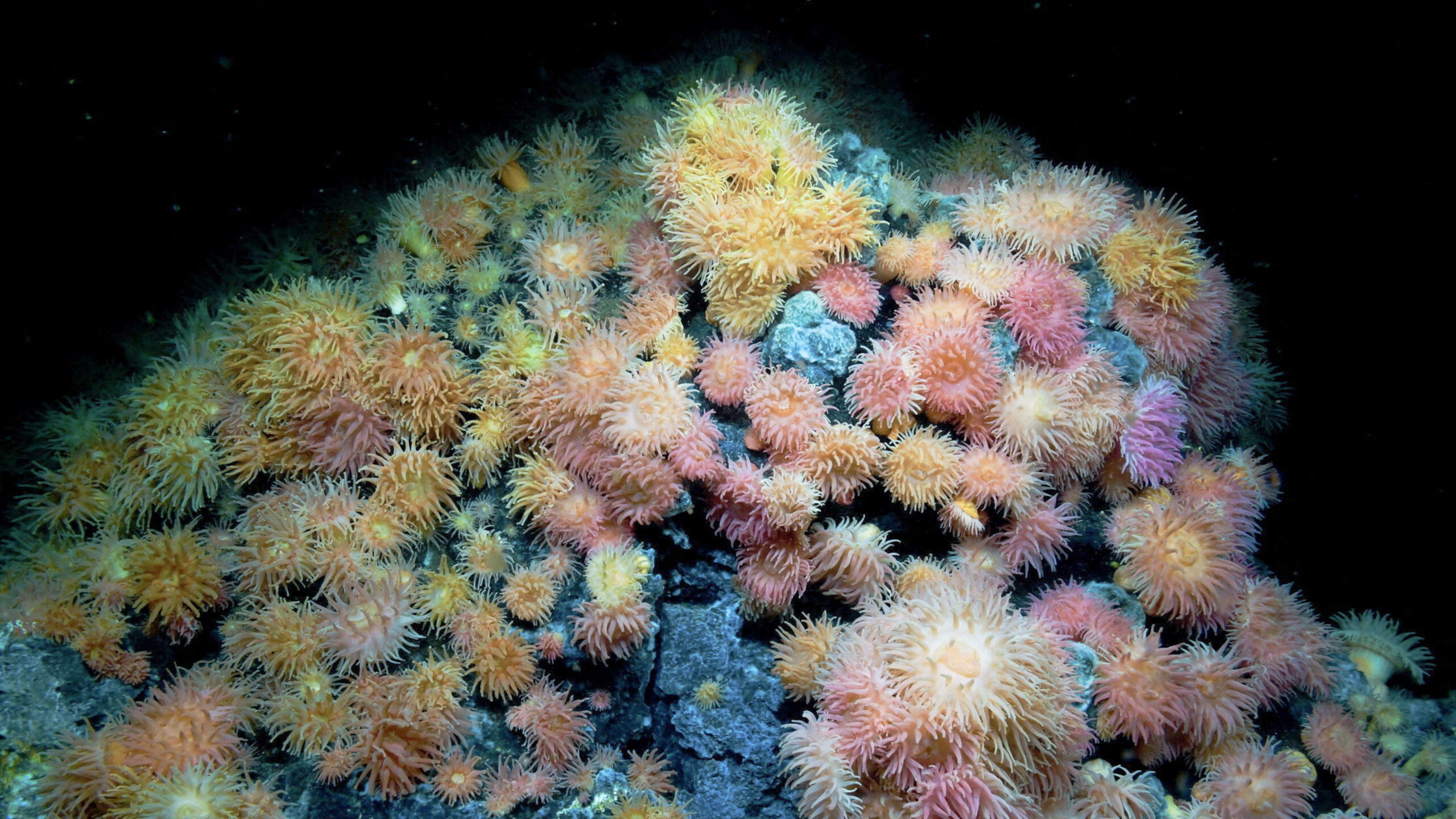
Deep-sea mining could destroy $500bn in corporate value and natural capital

A report by non-profit Planet Tracker makes the financial case against deep-sea mining
Deep-sea mining, the proposed removal of mineral-rich polymetallic nodules from the seafloor, would destroy $30bn–$132bn in corporate value and at least “half a trillion dollars” when including lost environmental value, says a report by non-profit Planet Tracker.
Supporters of the controversial practice say that deep-sea mining could provide minerals, including nickel and manganese, which are in high demand to produce clean energy technologies such as solar panels and batteries.
In addition to the ecological damage to the seafloor and its habitat, Planet Tracker underlines the financial case against deep-sea mining.
The report says the loss of $30bn–$132bn in corporate value would come from factors such as increased competition with terrestrial mining companies; value destruction in the fishing industry resulting from habitat destruction; and negative returns on investment for deep-sea mining companies due to high equipment and operational costs.
Planet Tracker adds that deep-sea mining would destroy $461bn in value from the deep sea’s “ecosystem services”, such as its role in carbon cycling and storage.
The report calculates that less than 10 per cent of the value of the deep sea comes from “provisioning services”, which includes the extraction of minerals, oil and natural gas. “The value of the natural capital of the deep sea overwhelmingly lies in the absence of exploitation,” it says.
Deep-sea mining has not yet begun at commercial scale, but a number of companies have applied for permits from the International Seabed Authority to begin mining in international waters from 2025, leaving the ISA with a year to finalise regulations on whether and how countries could pursue deep-sea mining.
Norway has begun the process to open its waters to deep-sea mining companies, with operations planned to begin in the early 2030s. The Pacific Island state of Nauru in Micronesia also plans to welcome deep-sea mining.
Planet Tracker calls on financial institutions to support a moratorium on deep-sea mining to limit potential financial losses.
Twenty-four countries have either called for a ban, moratorium or precautionary pause on deep-sea mining through the Deep Sea Conservation Coalition. These include France, which has called for a ban, and the UK, Canada and New Zealand, which want a moratorium.
The report is available to read here.
Similar Articles

Global investment industry ‘needs to double’ stewardship resources

WWF accuses EU member states of subsidising nature loss


